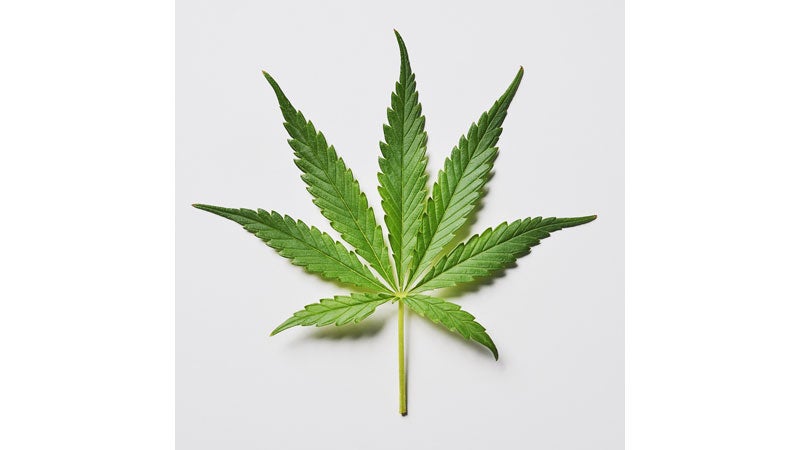Youngkin vetoes marijuana market bill that divided area legislators
Published 10:15 am Friday, April 5, 2024

- (Photo courtesy of Metro Creative Graphics Inc.)
|
Getting your Trinity Audio player ready...
|
When Virginia legalized marijuana in 2021, the law allowed localities the option of holding a voter referendum to prohibit retail sales.
Whether Isle of Wight or Surry counties would do so became moot on March 28 when Gov. Glenn Youngkin vetoed legislation that would have empowered the 2021-created Virginia Cannabis Control Authority to issue retail marijuana licenses this summer.
State Sen. Aaron Rouse, D-Virginia Beach, and Del. Paul Krizek, D-Fairfax, each sponsored bills that would have allowed licensing to begin this year and retail sales starting in 2025. Each had passed the House of Delegates and Senate in February in votes that saw area legislators split along party lines.
To override Youngkin’s veto, each legislative chamber would need to re-approve one or both bills by a two-thirds majority when the General Assembly reconvenes on April 17, though Democrats only narrowly control both chambers.
Sen. Lashrecse Aird, whose district includes Surry County, voted in favor of Rouse’s bill, which would have set a Jan. 1, 2025 start date for retail marijuana sales, and also supported Krizek’s bill, which had specified a May 1, 2025, start date. Sen. Emily Brewer, R-Isle of Wight, opposed both bills.
Del. Nadarius Clark, D-Suffolk, whose district includes the eastern half of Isle of Wight, voted in favor of Krizek’s bill and was absent but listed as having “intended to vote yea” on Rouse’s.
Del. Otto Wachsmann, R-Sussex, whose district encompasses Isle of Wight’s western half, voted against both bills, as did Del. Kim Taylor, R-Petersburg, whose district includes Surry.
Youngkin, in a March 28 news release, said: “Attempting to rectify the error of decriminalizing marijuana by establishing a safe and regulated marketplace is an unachievable goal. The more prudent approach would be to revisit the issue of discrepancies in enforcement, not compounding the risks and endangering Virginians’ health and safety with greater market availability.”
In 2021, the General Assembly voted to decriminalize possession of up to an ounce of marijuana by adults age 21 and up, and allow the growing of up to four marijuana plants in their homes for personal use. The 2021 law created the Cannabis Control Authority to oversee retail sales, but in 2022, when Republicans took control of the House of Delegates and Governor’s Office, the General Assembly did not reenact the legislation to create a retail market.
According to the American Civil Liberties Union, Black people were 3.4 times more likely than white people to be arrested for marijuana offenses in 2018. Even after Virginia’s 2021 decriminalization, Black adults still accounted for nearly 60% of marijuana-related court cases, despite comprising only 20% of the state’s population, according to a 2022 analysis by The Washington Post.
Rouse’s bill would have raised the legal limit for possession to 2½ ounces and capped criminal penalties for possession beyond the stated limit, but less than 4 ounces, at a $25 civil penalty. Possession of more than 4 ounces but less than a pound by someone not licensed to produce marijuana commercially would have been classified under Rouse’s bill as a misdemeanor.
“It is nothing short of irresponsible for Governor Youngkin to veto legislation that lays the groundwork for a regulated retail marijuana market in Virginia,” Rouse said in a Senate Democratic Caucus news release following Youngkin’s veto. “Over the last three years, the General Assembly has meticulously crafted this legislation to not only establish a safe and regulated market but also to address and combat the proliferation of the illicit market. This veto blocks a pivotal opportunity to advance public health, safety, and justice in our Commonwealth.”
Youngkin, however, contends other states that have legalized retail marijuana “have seen adverse effects on children’s and adolescent’s health and safety, increased gang activity and violent crime, significant deterioration in mental health, decreased road safety, and significant costs associated with retail marijuana that far exceed tax revenue.”





